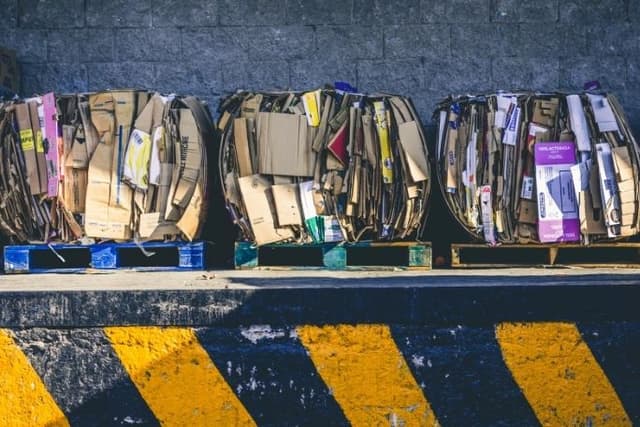
Clean Up Australia - Big Picture School Waste Plan
Lesson18 of 18 in this unit
SecondaryYear 7 - 10Humanities and Social SciencesGeography
Summary
Lesson Guides and Printables
Lesson Plan

Student Worksheet

Teacher Content Info


Lesson Plan

Student Worksheet

Teacher Content Info
